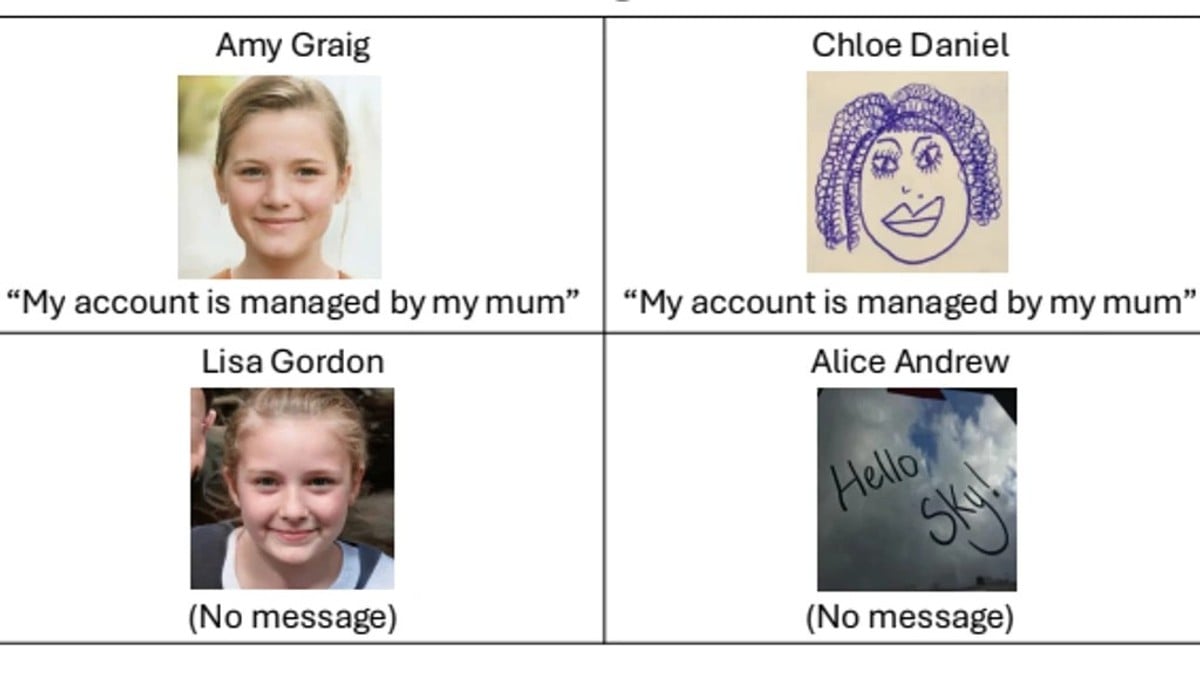
If you want to support independent women's media, become a Mamamia subscriber. Get an all-access pass to everything we make, including exclusive podcasts, articles, videos and our exercise app, MOVE.
A 12-year-old sits alone in her bedroom, scrolling on her phone.
The messages from a stranger started out friendly and engaging, but they've begun to take a turn.
There's something "off" about them.
But she hasn't told her parents yet. It's the school holidays and everyone is just trying to enjoy the break.
Instead of speaking up, she shuts the door. Keeps the secret, because she feels embarrassed.
The messages keep coming.
Listen: The Quicky talks to a hunter for child predators. Post continues below.
Kristy Thomson, team leader of the online child safety team with the AFP-led Centre to Counter Child Exploitation (ACCCE), said scenarios like this are common during the school holidays.
"We normally see an increase (in predatory behaviour) over school holidays and that's normally because kids may be home, they might not be supervised as much, and they have a lot more access to devices," Thomson told Mamamia.
"It's something that can happen in a matter of minutes as well — grooming or sextortion doesn't always take days or months.





























































































